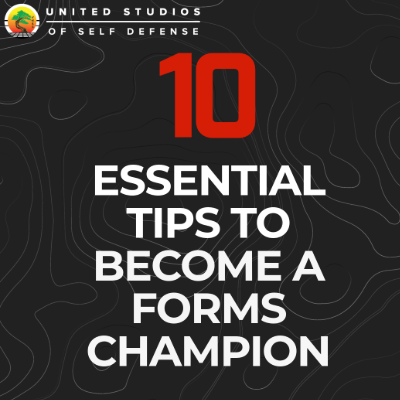.avif)
Bullying doesn’t just affect the person being targeted, it challenges everyone who witnesses it. Choosing to stand up, rather than stand by, takes courage, compassion, and mental preparation. This blog explores how to support someone in need, while also readying yourself for the possibility of being in the spotlight too.
Showing up doesn’t always mean stepping in to stop a bullying act in the moment. Being a supportive bystander can include a wide range of actions:
- Sitting with someone after they’ve been targeted.
- Checking in privately and letting them know they’re not alone.
- Reporting the behavior to a trusted adult or authority.
- Helping them connect with others who can support them.
It might not mean confronting the bully head-on. Sometimes, the bravest action is standing with someone afterward—sitting beside them, sending a simple message: “I see you. You’re not alone.”
Research underscores the importance of bystanders: they’re essential to bullying prevention and intervention. Their support—no matter how subtle—can spark a ripple of courage in a hurting person. [1]
Prepare Yourself
Let’s be honest—standing up for yourself, let alone someone else, isn’t always easy. When you speak out, you may face backlash or discomfort yourself.
Preparing mentally is key; standing up for someone else often means stepping into discomfort yourself. It can feel like walking into a haunted house—your heart races, your thoughts swirl. That’s perfectly normal.
So steady yourself.
Channel your self discipline and emotional intelligence. This is an essential to acting with clarity and bravery, not fear. [2] Visualize what you might say, or how you might show up. Root yourself in your values: compassion, integrity, the kind of person you want to be.
Now you’re ready to act.
Reach Out
After facing or witnessing bullying, it’s essential to process what happened. Emotions like anger, fear, or even guilt can surface. Even after doing the right thing, you might feel unsettled. Confusion, guilt, lingering adrenaline; it’s all a part of caring.
Debriefing can help clear your head. Talk with a trusted friend, mentor, or Sensei. Share what happened and how it felt—without judgment. Studies show structured debriefing reduces emotional impact and helps prevent long-term strain[3]
Final Thoughts: Strength is Standing Together
At USSD, we teach that strength isn’t about flexing your muscles—it’s in doing the right thing when it counts. And oftentimes, when no one is looking. This October, let’s stand up for one another. Let’s lead with courage, kindness, and compassion.
When we show up for people, we build a world that’s a little more bullyproof.
References
1- StopBullying.gov. (n.d.). Bystanders are Essential to Bullying Prevention and Intervention. U.S. Department of Health and Human Services. Retrieved from https://www.stopbullying.gov/resources/research-resources/bystanders-are-essential
2- Hutchinson, M. & Hurley, J. (2013). Exploring leadership capability and emotional intelligence as moderators of workplace bullying. Journal of Nursing Management, 21, 553–562. https://doi.org/10.1111/j.1365-2834.2012.01372.x
3- Belova, I. V., Kryukova, T. L., & Khazova, S. A. (2018). Emotional intelligence as a factor in the efficient self-regulation of functional states under work strain. European Psychiatry, 48(S1), S152–S153. https://doi.org/10.1016/j.eurpsy.2017.12.197





.avif)



.avif)

.avif)

